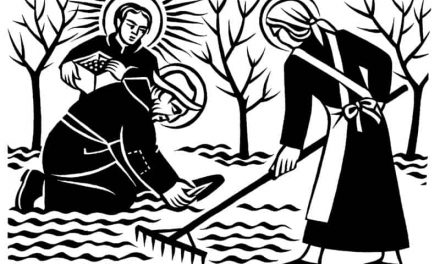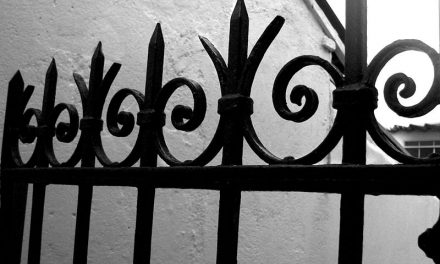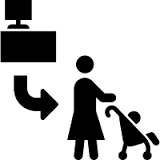Dean Brackley, the Jesuit priest from New York who spent many of his later years at the UCA in El Salvador, died last week at the age of 65. When I heard the news, I was traveling with Call to Discernment in Troubled Times in my bag, along with the text of my talk, which owed a great deal to Brackley. I had begun my Christian Ethics class with his essay, “The Jesuit University in a Broken World.” Like so many others, I was saddened to learn that pancreatic cancer had caused the death of this modern prophet.
In Call to Discernment, Brackley famously described the sickness those he called his “middle class tribe.” With great love and perceptiveness, he acknowledged the achievements of middle class societies before cautioning us:
“Yet we too pay a high price for our freedoms and economic security. While they allow us to pursue our personal life projects, they generate a spirit of go-it-alone individualism. They separate us from each other. More serious still, they distance us from the poor and their daily struggle for life. The vast majority of human beings who have ever lived had to battle every day to keep the household alive against the threats of hunger, disease, accidents, and violence. By removing us from the daily threats of death, the benefits of modernity induce in us a chronic low-grade confusion about what is really important in life: namely, life itself and love” (emphasis mine).
He encouraged people to spend time among the poor, to move around in their worries and joys, to draw strength from their hope in the midst of despair. Reminding us that Dorothy Day, Mother Theresa, Martin Luther King and other saints were middle class, he writes, “there is hope for my tribe, and plenty for us to do.”
But not, he gently insists, if we never leave the middle class enclaves that breed isolation and confusion about what matters. “A lot depends on where we place ourselves. If King had spent his life hanging out by the pool, would we remember him today?” Because King had the courage to risk encounter, he had what Brackley called the “freedom to love.”
What I appreciate most about Brackley, though, is that he did not leave readers with only heroes and saints as models. He talked about ordinary people in the U.S. and El Salvador, struggling to practice solidarity in the context of family life. He refused to let his “middle class tribe” off the hook. And for that, I will always be grateful.




